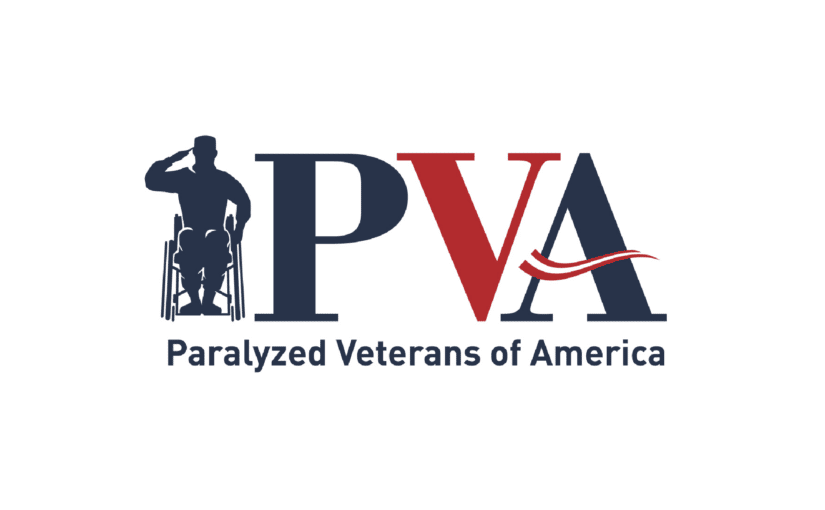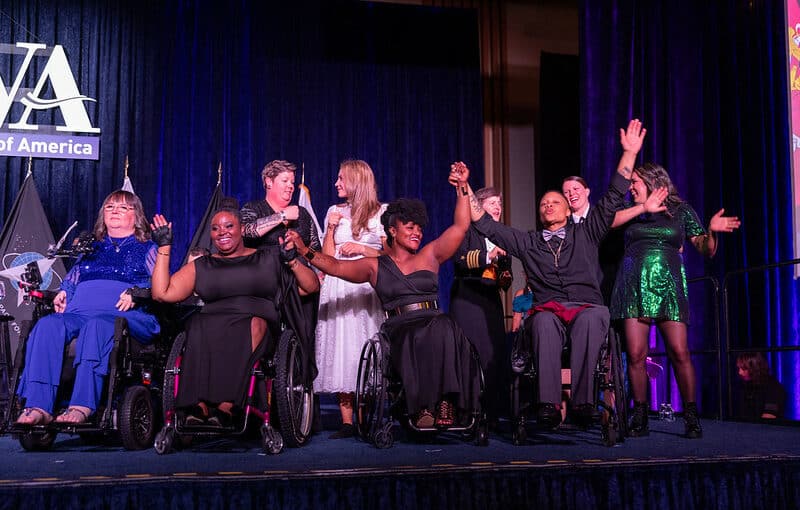
Stay-home orders present challenges for veterans dealing with mental, physical health issues
Post Date: May 20, 2020via ![]()
by Andrew Dyer, San Diego Union Tribune
SAN DIEGO, CA — Stay-at-home orders enacted nationwide in March were seen as necessary, if unprecedented, as the spread of the novel coronavirus threatened to overwhelm hospitals.
However, the wide societal shutdown also disrupted the support systems and coping routines of many veterans living with physical and mental health challenges, according to experts and veterans organizations. Stress and isolation are major issues — for some, those conditions can lead to thoughts of suicide.
Dr. Neal Doran, who manages the suicide prevention team for the San Diego Veterans Affairs Healthcare System, said stress within the home and the loss of a work routine can be challenging for people living with mental health issues, including post-traumatic stress disorder.
“One big piece of it is not being able to get away from any disagreement (in the home),” he said. “There’s no opportunity to step away and go do something else. Everybody’s routine is disrupted.”
Shari Houser, director of the San Diego Steven A. Cohen Military Family Clinic, agreed. For the families of people living with depression, PTSD and anxiety, their whole lives can revolve around that person’s symptoms, she said. For some individuals, their symptoms can make them feel more isolated even though they’re with their families.
“I think the isolation and the perceived lack of control as well as the constant stressors that are in your home that you can’t get away from can exacerbate PTSD symptoms,” Houser said. “For the average combat vet, this is triggering and they don’t have the perceived control. They can’t get privacy.”
Not everyone’s home life is a happy one, Houser said. Some families are dealing with job losses and marital stress. Some were in the midst of divorce when ordered to shelter in place.
A Cohen Veteran’s Network survey released in April found 70 percent of post-9/11 veterans are concerned about their mental health because of social distancing, and 60 percent said they are concerned about their employment status.
Another mental health challenge is the potential for thoughts of suicide. Doran said it’s too early to say whether the veteran suicide rate has risen during the pandemic.
“At this point, we haven’t seen a shift,” he said. “I don’t think that’s definitive. It doesn’t mean there’s not more distress. Symptoms increase by having to stay at home. For some, it’s been a really stressful time and can increase risk for suicide but so far we haven’t seen those numbers.”
For veterans with limited mobility, these challenges are compounded, according to Tom Wheaton, a Navy veteran who serves as the national treasurer for the Paralyzed Veterans of America. Even though many states, including California, are beginning to reopen parts of their economies, these veterans remain vulnerable to the virus.
“We feel trapped and terrified,” Wheaton said. “It’s still very real — the virus can hit one of our loved ones or our caregivers. We’re susceptible. As the rest of America is getting out of their houses, we’re still stuck at home or stuck in bed.”
Paralyzed Veterans of America has about 16,000 members nationwide, Wheaton said, but advocates on behalf of the 61 million Americans living with disabilities.
People with spinal cord injuries, multiple sclerosis and ALS sometimes have respiratory issues related to those conditions that make them especially susceptible to the virus, Wheaton said.
According to Wheaton, 96 members of the organization have been diagnosed with COVID-19. Fifteen of them, all veterans, have died of the disease.
Wheaton, who lives in Colorado, said members of the organization have had difficulty obtaining medical supplies and getting wheelchairs repaired over the last two months. Mental health and suicide are also a concern….



